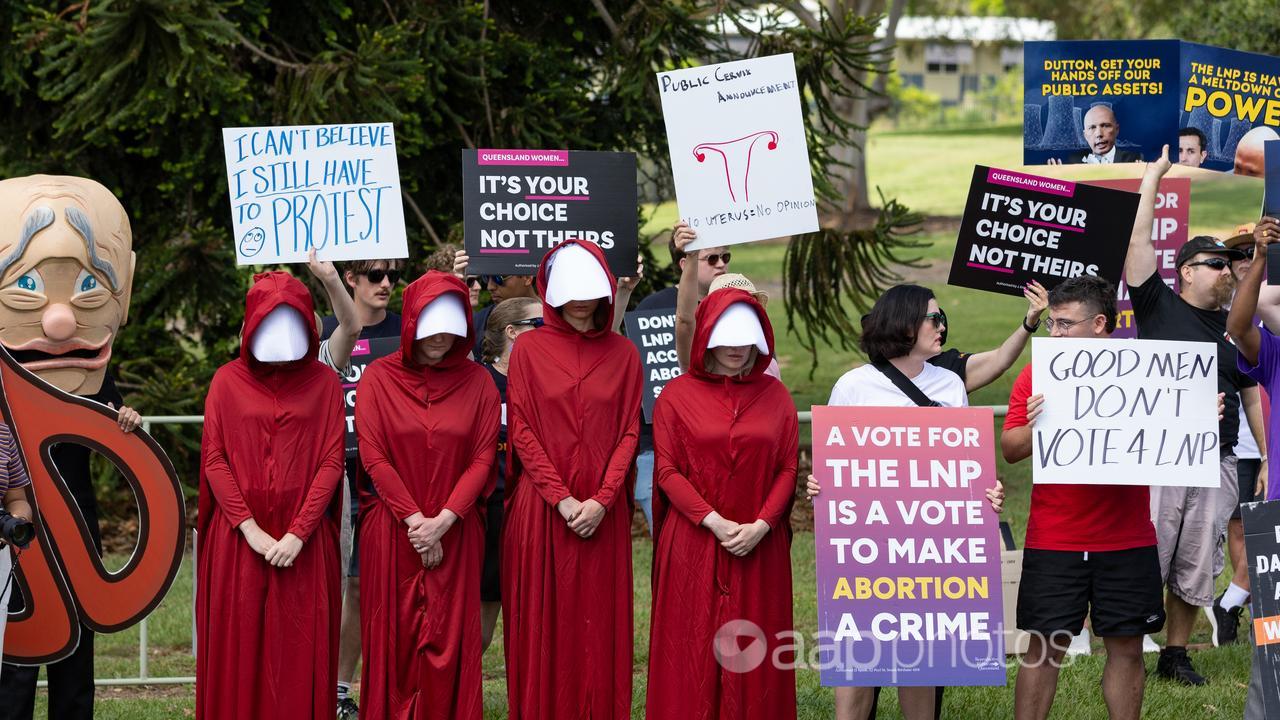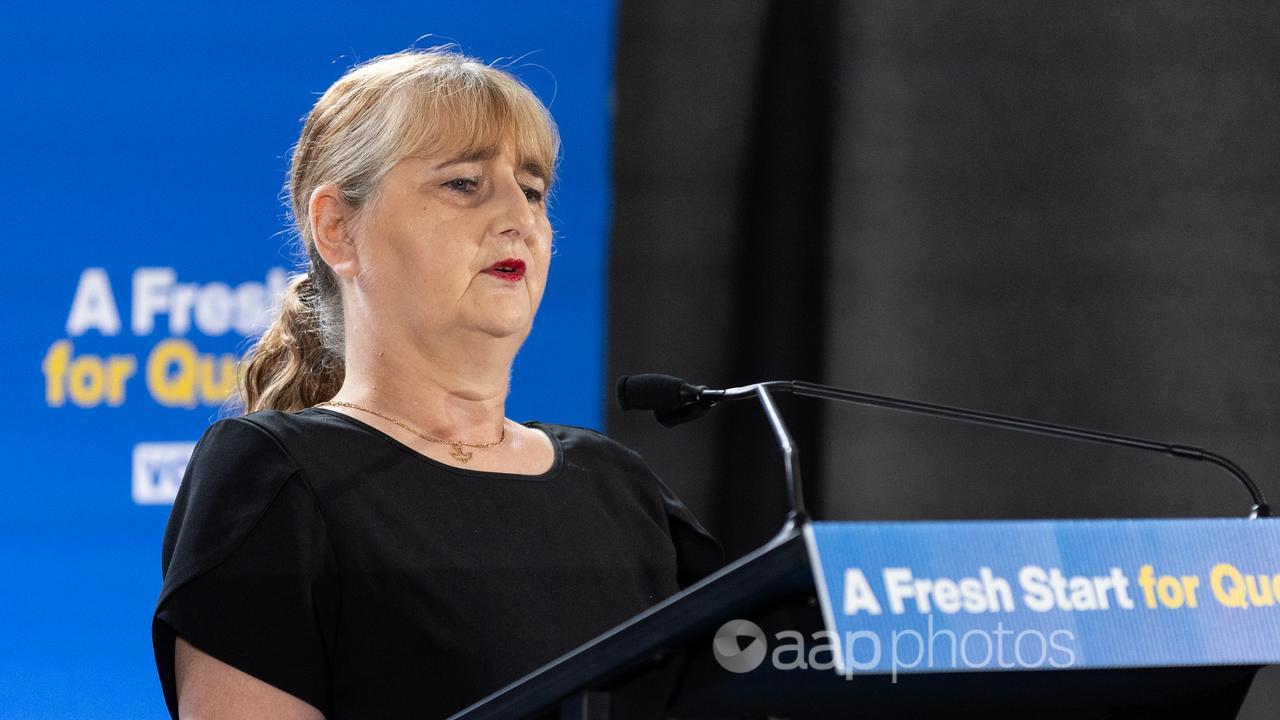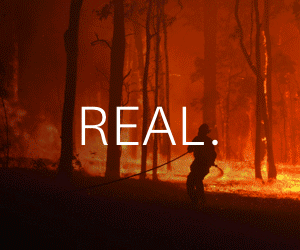The opposition’s proposed youth justice reforms are “pretending to have a simple solution” to a complicated problem, Queensland’s premier says, as law and order remains a key election issue.
The Liberal National Party officially launched its state election campaign in Ipswich on Sunday with crime in focus as leader David Crisafulli addressed a raucous crowd.
Mr Crisafulli outlined planned “detention with purpose” reforms to youth detention centres including compulsory education within centres, minimum isolation periods for assaulting staff, and the introduction of behavioural management plans.
If the state was taking responsibility for the care of offending juveniles, their time in detention should be about becoming better people, not “better criminals,” Mr Crisafulli said.
“The youth crime crisis remains front and centre in Queenslanders’ minds and we won’t allow the Labor party to try to airbrush this as the defining issue of this election.”
Premier Steven Miles said many of Mr Crisafulli’s proposed reforms were already being enacted.
“What this bloke is very good at doing is taking a very complicated problem and pretending to have a simple solution,” he told reporters on Sunday.
“The fact is education is already mandatory in our detention facilities and what we’ve been doing over time is increasing access to schooling and increasing access to health-care services because so many of the people entering our detention system are suffering from mental health, alcohol and drug abuse issues.
“What we know is that mandatory solitary confinement, as proposed by the LNP, will not prevent any crime.”
The LNP MPs were heckled and jeered by protesters as they arrived at the Ipswich venue for the campaign launch just six days ahead of election day.
The group of about 30 protesters called on party members to clarify their stance on abortion, which has become a thorn in the LNP’s side after a conservative crossbencher raised the issue early in the campaign.

Inside the auditorium, Mr Crisafulli was introduced by Cindy Micallef, whose mother Vyleen White died after being stabbed in the chest outside a shopping centre at Redbank Plains in February.
Ms Micallef said she was a mother, daughter and victim who believed Mr Crisafulli’s stance on crime would take the state forward.
“I know nothing will change unless we, the people of Queensland, change the government,” she said.
A 16-year-old boy has been charged with Ms White’s murder and the case is before the courts.
Polling has the LNP on track to unseat Labor and form government for the first time since Campbell Newman was premier from 2012 to 2015.
The opposition has consistently promised to strengthen crime laws if it wins government on Saturday.
Other policies include adult sentences for adult crimes, removing detention as a last resort from youth justice laws and remote rehabilitation facilities.

Mr Crisafulli defended the isolation aspect of his new policy by inferring current young offenders only had to “calm down” if they assaulted detention centre staff.
“This strikes the right balance,” he said.
“It uses the current framework that is there, but enables an extended period – that will be done with consultation – to make sure that there is a consequence that sends a message that staff aren’t punching bags.”
Asked by reporters if the isolation was solitary confinement, Mr Crisafulli pushed back.
“It means they are away from their peers – it means that they don’t have the privilege of going back into the environment with their peers and, in some cases, re-assaulting an officer,” he said.
The state’s current detention model is “the most expensive and least effective solution to youth crime that we have designed”, a report from the Queensland Family and Child Commission said.
In 2020/21, the state had the second-highest rate of young people reoffending after release from detention, at 91.26 per cent.
While crime remains on the minds of politicians and voters, Australian Bureau of Statistics data shows the state’s youth crime rate has halved in the past 14 years.




















